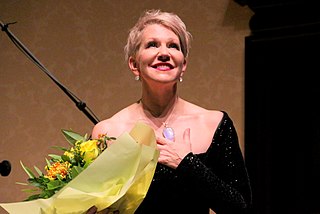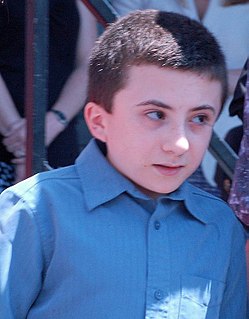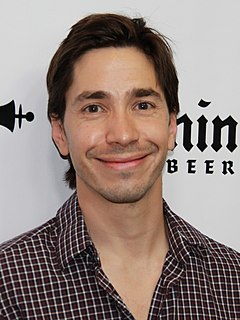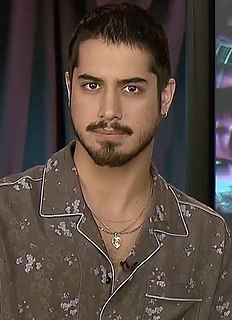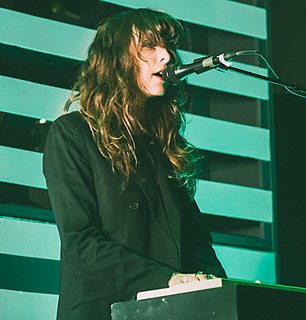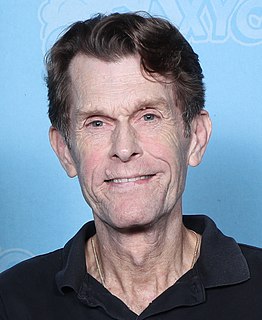A Quote by Joyce DiDonato
It's tricky when you're doing a recording, because the only weapon you have is your voice and the delivery of that voice. You don't have a gesture or a facial expression, there are no costumes or set pieces. Everything needs to be present in the voice.
Related Quotes
I had to get the voice back, the precise pitch of Sid's voice and I'd forgotten that I'd pitched him higher than my regular voice, so that was a little difficult to begin with. It was especially hard because we started recording in the morning so I had to warm up a lot and my usual voice is a little more gravelly.
I loved the idea of doing impressions and mimicking and playing around with the spectrum of your own voice. That's what I enjoy most about doing voiceovers. You can be completely unconscious with the rest of your body and just concentrate on doing something with your voice, creating an entire character with your voice.
We're always being told 'find your voice.' When I was younger, I never really knew what this meant. I used to worry a lot about voice, wondering if I had my own. But now I realize that the only way to find your voice is to use it. It's hardwired, built into you. Talk about the things you love. Your voice will follow.
